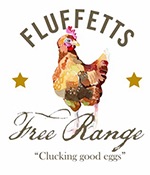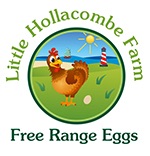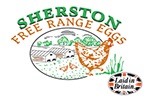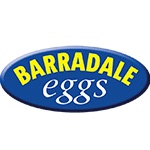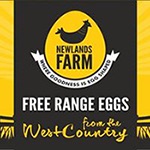Since those outbreaks mentioned in previous Hotwires, there has been an explosion of new cases throughout Europe.
As well as the Netherlands, who confined their layers in October, confinement has now been ordered in France, Denmark, Germany and Sweden. This week, all of the UK has also ordered all poultry, commercial or domestic, to be confined from 14th December.
The Netherlands 16-week period, during which confined birds can still be classed as “free-range”, ends in February. It will be interesting to see what the next move will be. The other countries 16-week confinement ends in March and the UK in April. Further details at end of item.
The following, in no particular order, is the list of recent outbreaks, up until we go to press.
| England: |
Broiler breeder unit at Leominster. Captive bird collection near Stroud. Unit with chickens & captive birds in Melton Mowbray. 10,500 turkey-fattening unit at Northallerton. A second outbreak on a neighbouring turkey unit in Northallerton. 30,000 turkeys in Norfolk. |
| Belgium: | 151,000 birds near the French border. |
| Ireland: | H5N8 confirmed in a peregrine falcon. Also in wild birds in Cork and the counties of Limerick and Monaghan. |
| N. Ireland: | Confirmed in dead bird found at Lough Beg. |
| The Netherlands: |
48,000 chickens near Groeningen. 100,000 birds near Gouda. 90,000 culled in Friesland. |
| France: | A single bird in a pet shop in Corsica. |
| Denmark: | A wild bird in the West of the country and 25,000 layers on a nearby unit. |
| Germany: | 23 cases of Influenza in wild birds on the island of Ruegan and now 16,000 turkeys on the island have been affected. Outbreak in Schleswig-Holstein. 4,500 culled on farm near Rostock and up to 70,000 on neighbouring farms may have to be culled. A further outbreak in 1,000 ducks, geese and chickens in Schleswig-Holstein. 29,000 chickens in the East. Up to 64,000 other poultry are at risk on another 483 farms nearby. |
| Sweden: | 3,200 turkeys culled. |
| Croatia: |
4,000+ on one unit. |
| Poland: |
900,000 on one farm. |
| Russia: |
1.6 million on one farm. |
Of course, the Food Standards Agency confirm that the outbreaks pose no risk through eating eggs.
New biosecurity advice put out by Defra includes:
* housing or netting all poultry and captive birds
* cleaning and disinfecting clothing, footwear, equipment and vehicles before and after contact with poultry and captive birds – disposable clothing if possible
* Reduce movement of people, vehicles or equipment to and from areas where poultry are kept, to minimise contamination from manure, slurry and other products, and using effective vermin control.
* thorough cleansing and disinfecting housing at the end of the production cycle.
* keeping fresh disinfectant at the right concentration at all points where people should use it, such as farm entrances and before entering poultry housing.
* minimising direct and indirect contact between poultry and captive birds and wild birds, including making sure all feed and water are not accessible to wild birds.

